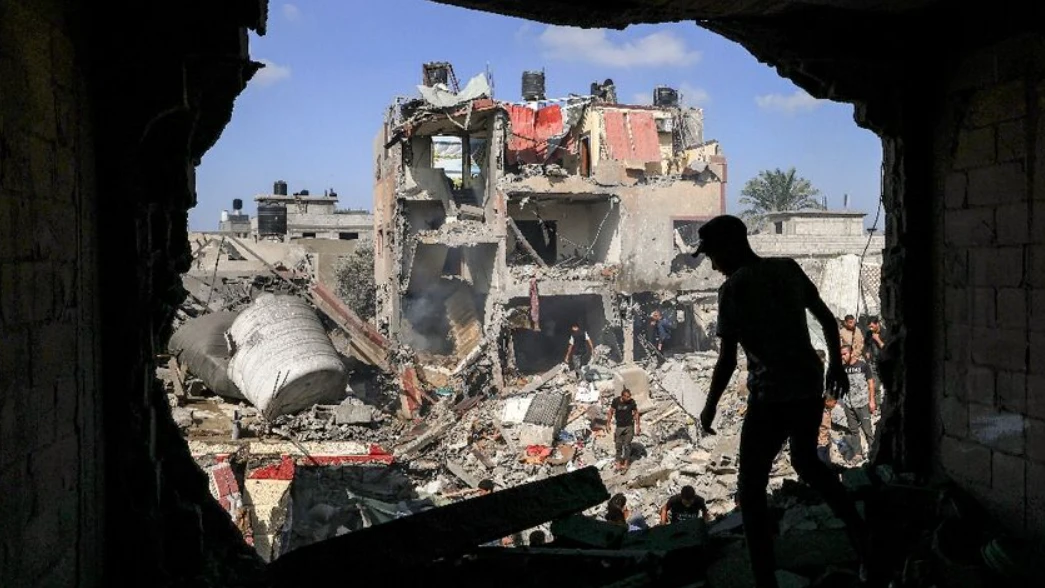Israel must 'ensure urgent humanitarian assistance' in Gaza: ICJ

Stay tuned with 24 News HD Android App

The world's top court on Thursday ordered Israel to "ensure urgent humanitarian assistance" in Gaza without delay, saying "famine has set in".
"Israel shall... take all necessary and effective measures to ensure, without delay... the unhindered provision... of urgently needed basic services and humanitarian assistance," in Gaza, the International Court of Justice said.
"Palestinians in Gaza are no longer facing only a risk of famine, but... famine is setting in," the Hague-based court said.
The war erupted after Hamas militants attacked Israel from Gaza on October 7, resulting in about 1,160 deaths -- mostly civilians -- according to an AFP tally based on official Israeli figures.
The militants also seized about 250 hostages, of whom Israel believes 130 remain in Gaza, including 34 who are presumed dead.
Israel's retaliatory campaign has killed at least 32,552 people, mostly women and children, according to the health ministry in Hamas-run Gaza.
At the ICJ, South Africa has charged that Israel is perpetrating a genocide in Gaza, an accusation denied by Israel.
Pretoria dragged Israel before the court, saying it was in breach of its obligations under the 1948 UN Genocide Convention, and urging the court to order a ceasefire.
In a ruling in mid-January that made headlines worldwide, the ICJ ordered Israel to do everything it could to prevent genocide during its Gaza offensive.
The court also ruled that Israel must allow aid into Gaza to ease the desperate humanitarian situation there.
South Africa followed up with a request for fresh measures a few weeks later, citing an announced incursion into Rafah, but the court declined to impose additional measures.
Undeterred, Pretoria tried again -- this time urging the court to impose emergency measures to "save the Palestinian people in Gaza already dying of starvation".
Israel said in its defence that South Africa was "engaged in an abusive exploitation of the court's procedures".
But the ICJ's judges said Thursday that the mid-January rulings "do not fully address the consequences arising from the changes in the situation... thus justifying the modification of these measures."
The ICJ was set up to rule on disputes between states and while its judgements are legally binding, it has little means to enforce them.
For example, the court has ordered Russia to halt its invasion of Ukraine, to no avail.
